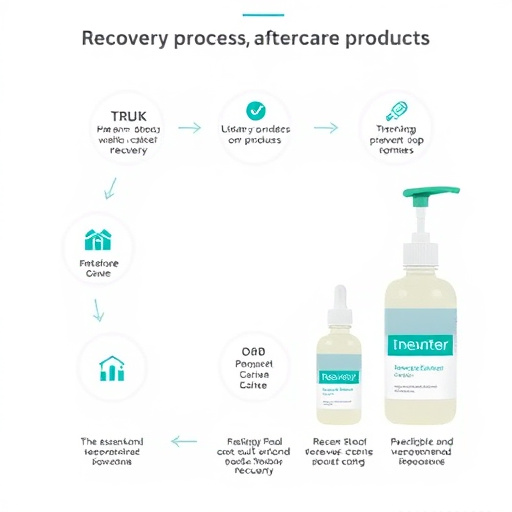In a complex U.S. legal environment with 50 states, understanding and implementing unified 50-state legal intake systems is crucial for businesses and individuals. These systems, gaining approval, revolutionize document preparation and filing by capturing all state-required data, reducing errors, and ensuring consistency despite varied regulations. Navigating the approval process demands careful consideration of each state's distinct laws on privacy, security, authentication, and consumer protection. Successful strategies involve consulting legal experts, leveraging specialized software, staying informed about legislative changes, and establishing robust internal processes with external partnerships. Effective implementation requires strategic planning, understanding unique state requirements, using a centralized adaptable platform, and employing advanced technologies like AI and machine learning for seamless operations and continuous improvement.
In today’s interconnected world, businesses and organizations often operate across state lines, necessitating a deep understanding of multi-state legal intake systems. This comprehensive guide delves into the intricate process of designing and implementing 50-state legal intake solutions that comply with varying regulations. From grasping the fundamentals to navigating complex approval processes and adopting best practices, this article provides an all-encompassing overview for successful multi-state legal intake system implementation.
- Understanding Multi-State Legal Intake Systems: A Comprehensive Overview
- Navigating the Approval Process: Ensuring Compliance Across All 50 States
- Implementing and Optimizing: Best Practices for Effective Multi-State Legal Intake Solutions
Understanding Multi-State Legal Intake Systems: A Comprehensive Overview

In the intricate landscape of U.S. jurisprudence, understanding multi-state legal intake systems is paramount for businesses and individuals navigating across jurisdictional lines. These systems facilitate the seamless submission of legal documents, ensuring compliance with varying state regulations. With 50-state legal intake systems gaining approval, the process has become more accessible and efficient. This evolution allows entities to streamline their legal operations, particularly when conducting business in multiple states, by providing a unified platform for document preparation and filing.
The approval of these comprehensive systems offers significant advantages. They are designed to capture all necessary data required by each state, minimizing errors and delays often associated with traditional, state-specific intake processes. This standardization is crucial for maintaining consistency in legal practices while adapting to the diverse regulatory environment across the nation. As such, 50-state legal intake systems represent a significant step forward in modernizing legal services, catering to the complex needs of today’s interconnected businesses and citizens.
Navigating the Approval Process: Ensuring Compliance Across All 50 States

Navigating the approval process for a 50-state legal intake system is no small feat, but it’s essential for any business aiming to operate nationwide. Each state has its own set of regulations and requirements when it comes to legal document processing, so ensuring compliance across all 50 jurisdictions is critical. This involves thoroughly researching and understanding each state’s specific laws, rules, and guidelines related to data privacy, security, document authentication, and consumer protection.
A successful approach requires a comprehensive strategy that includes seeking expert legal counsel, utilizing specialized software solutions designed for multi-state compliance, and staying up-to-date with legislative changes. By implementing robust internal processes and external partnerships, businesses can create a 50-state legal intake system that streamlines operations, enhances accuracy, and maintains the highest standards of legal integrity and consumer trust.
Implementing and Optimizing: Best Practices for Effective Multi-State Legal Intake Solutions

Implementing a robust 50-state legal intake system is a complex task, but with careful planning and strategic optimization, organizations can achieve seamless and efficient operations across all jurisdictions. The first step involves understanding the unique legal requirements and regulations of each state, ensuring compliance from the outset. This includes staying abreast of any changes in legislation that may impact the legal intake process, as these updates are frequent and vary by region.
Best practices suggest employing a centralized yet adaptable platform that can scale to accommodate all 50 states. Such a system should be designed with flexibility in mind, allowing for easy customization to meet individual state needs while maintaining a consistent user experience. Additionally, leveraging advanced technologies like AI and machine learning can streamline the intake process, enhance data accuracy, and provide valuable insights for continuous improvement.
In conclusion, understanding multi-state legal intake systems is key to providing efficient and compliant legal services across the US. By navigating the complex approval process and implementing best practices, organizations can ensure their 50-state legal intake solutions are both effective and successful. This comprehensive approach allows for a seamless experience for clients nationwide, fostering trust and reliability in an increasingly interconnected legal landscape.














